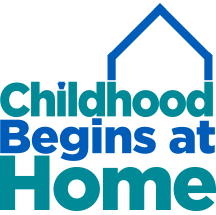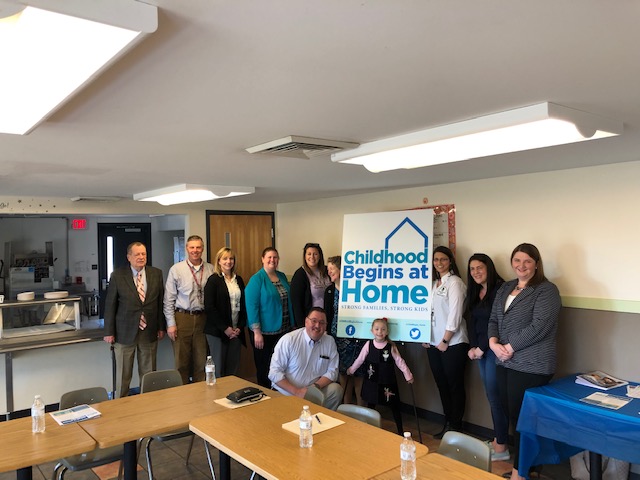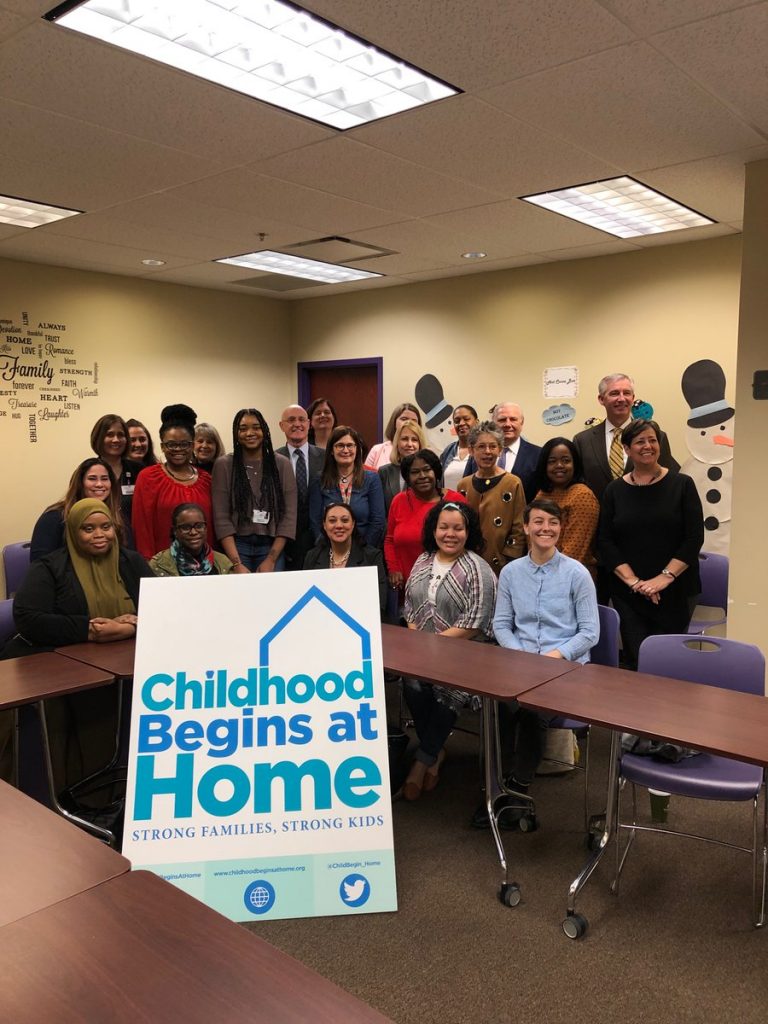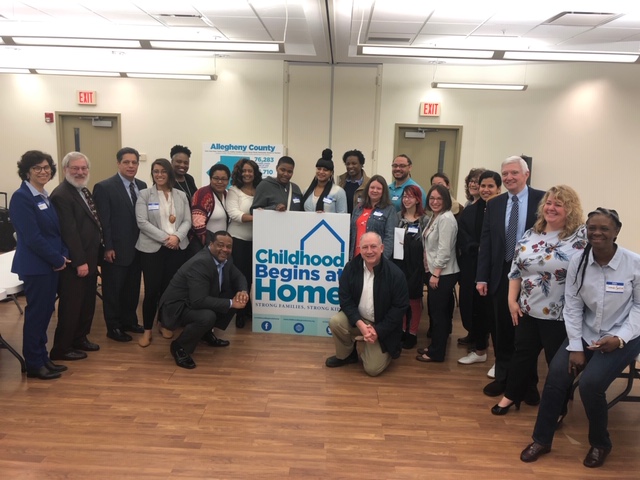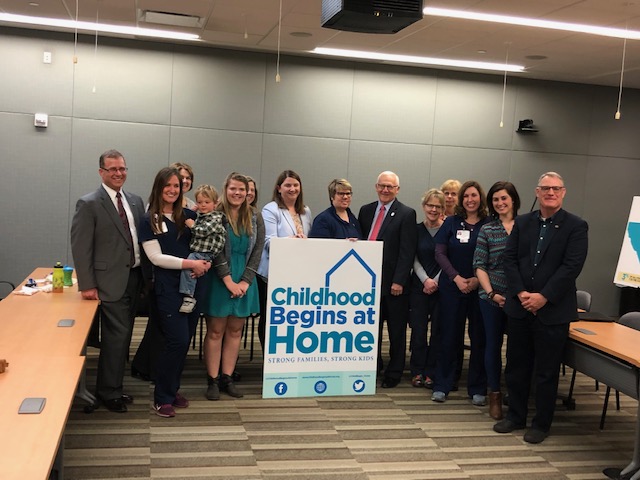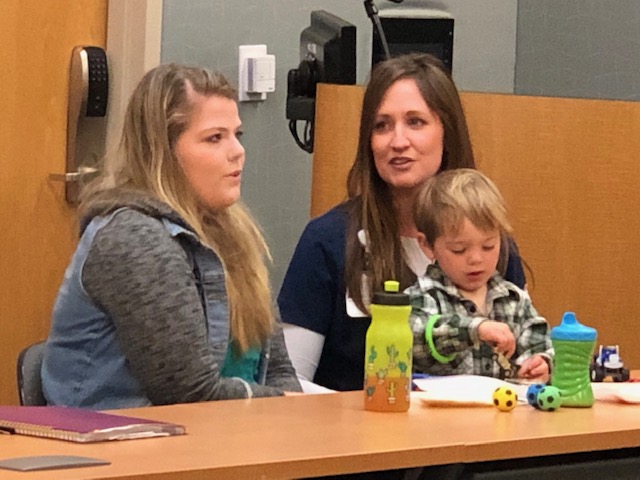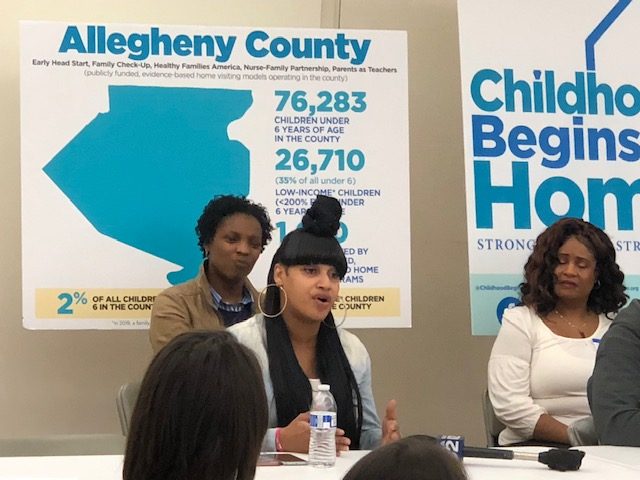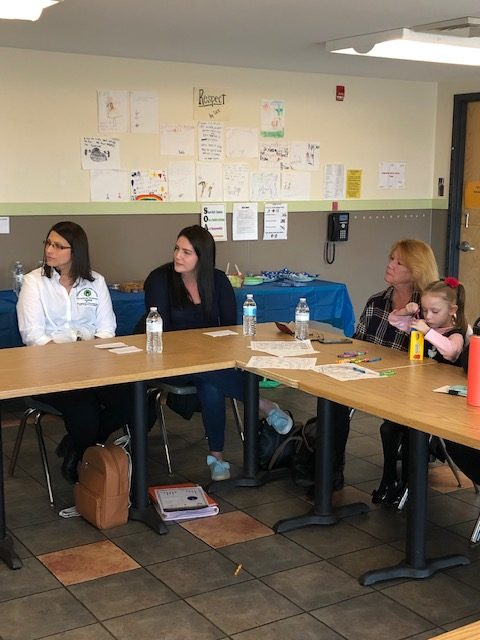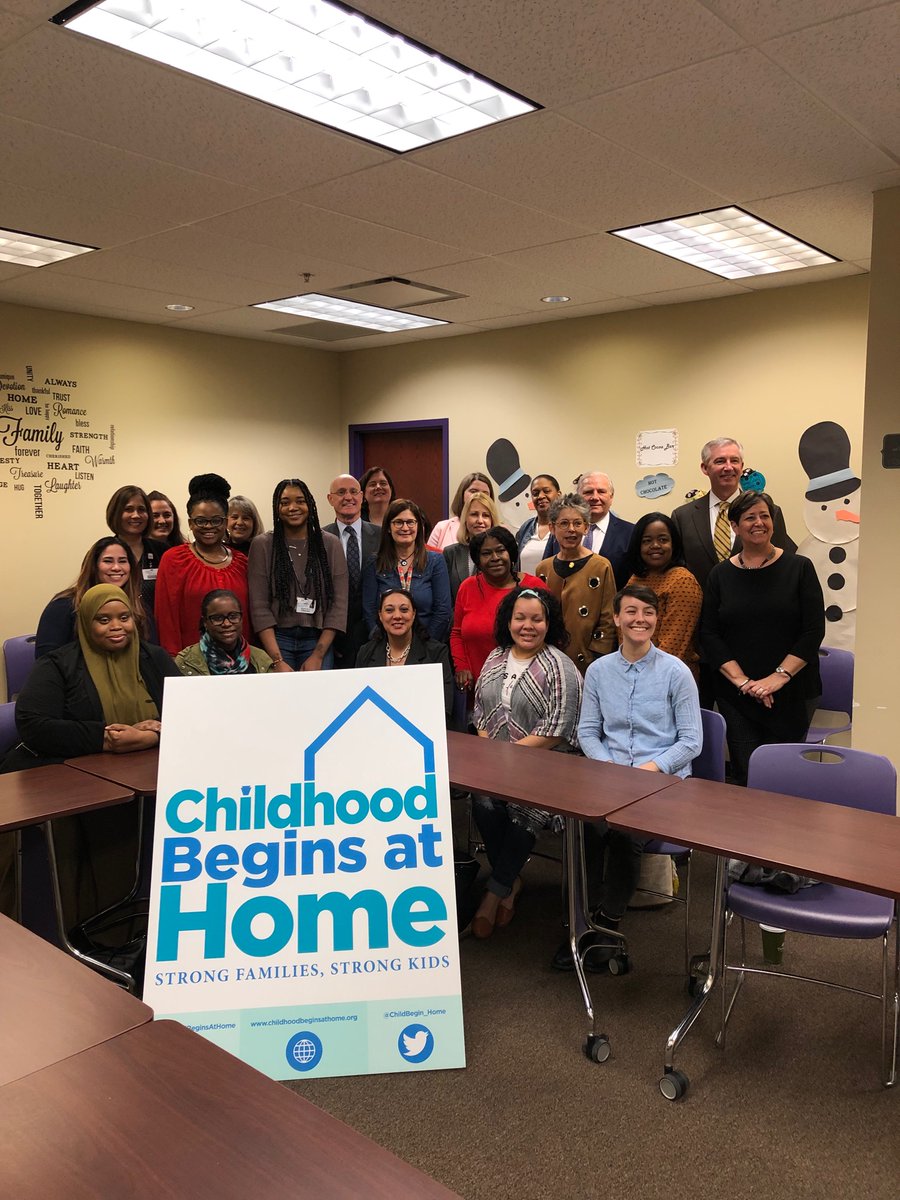HARRISBURG, PA (February 9, 2022) – Today, the principal partners of Early Learning Pennsylvania (ELPA), a statewide coalition of advocates focused on supporting young Pennsylvanians from birth to age five, issued the following statements regarding Governor Tom Wolf’s 2022-23 state budget proposal. ELPA operates four issue-based advocacy campaigns: Pre-K for PA, Start Strong PA, Childhood Begins at Home and Thriving PA.
Wolf Proposal Continues to Expand Pre-K Access
Pre-K for PA applauds the $60 million state funding increase for Pre-K Counts and $10 million increase for Head Start Supplemental Assistance as proposed by Gov. Wolf in the 2022-23 state budget. This funding continues the commonwealth’s tradition and Gov. Wolf’s unwavering commitment of expanding access to high-quality pre-k. This $70 million proposal expansion could provide this once-in-a-lifetime opportunity to more than 2,300 additional young learners.
Research shows that high-quality pre-k benefits children’s cognitive, social, and emotional development and confirms the commonwealth’s investment in pre-k pays dividends for the children fortunate enough to access it. This investment is not only essential for our children, but high-quality early education supports labor force participation, healthy families and a globally competitive workforce of the future. By increasing pre-k access and opening the door to more families, our economic recovery reaps the benefits.
Pre-K for PA now urges the legislature to include the full $70 million for high-quality pre-k in the state budget— Pennsylvania’s youngest learners depend on it.
Budget Proposal Fails to Adequately Invest in Child Care
The Wolf Administration’s budget proposal is an inadequate response to the current child care crisis and misses an important opportunity to help working families in search of affordable high-quality care. Furthermore, failure to fully stabilize the child care sector jeopardizes the efforts of Pennsylvania businesses trying to rehire their labor force. Child care programs are closing classrooms and entire facilities due to teacher and staff shortages. Child care staff are overworked and underpaid with the average child care teacher making less than $11 per hour.
The Governor’s budget proposal does utilize federal funds to sustain the current fiscal year’s child care subsidy rate increase, reduction in parent co-payments and incentives for providing non-traditional hour care. While these steps are important, they are not sufficient, especially in light of flat funding for Pennsylvania’s Child Care Services and Child Care Assistance line items for the third consecutive year.
Start Strong PA urges state policymakers to allocate a portion of the projected year-end surplus of $2.8 billion to address staff recruitment and retention and increase access to quality care for working families, specifically for infants and toddlers.
Governor’s Home Visiting Proposal Marks Recommitment to Investments
Childhood Begins at Home is pleased with the $15 million increase for home visiting in the Department of Human Services (DHS) budget to serve an additional 3,800 pregnant women, children, and families. Voluntary evidence-based home visiting, funded in part by the Community-Based Family Center line, is backed by decades of research. The programs have been a lifeline for families in every legislative district during the pandemic.
The six state-funded models that deliver evidence-based home visiting are currently competitively applying for contracts as part of Pennsylvania’s Family Support Programs, which is a crucial part of the equation in serving more families. Following two years of level funding, the campaign is pleased to see Gov. Wolf’s proposed investment that restarts his commitment to increasing service levels beyond the 5% of Pennsylvania families currently served.
Address Highlights Importance of Perinatal and Child Health
When mothers are healthy, children are healthy. That is why ensuring individuals have access to insurance before, during, and after their baby’s birth is vitally important and can have lasting impacts on health outcomes. The proposed state budget includes funding to expand the postpartum coverage period in Medicaid from 60 days to 12 months, which the Thriving PA campaign welcomes. Medicaid is a significant source of insurance for Pennsylvania women and birthing individuals— especially for women of color— so expanding coverage to a full year postpartum is a vital step towards closing racial and health disparities.
Additionally, we must ensure all children birth through age five with developmental delays are identified, referred to and accepted for the services they need to reach their fullest potential. The proposed state budget includes an increase of $11.5 million for the Early Intervention Part C (infant and toddler) program in the Department of Human Services budget, which includes $1.2 million to specifically add an eligibility category for tracking children in early intervention with mothers who screen positive for maternal depression or anxiety. The Early Intervention Part B (age three to five) program in the Department of Education (PDE) budget is level-funded in the governor’s proposal.
Governor Wolf’s state budget proposal included:
- $60 million in additional funding for the state’s Pre-K Counts program.
- $10 million in additional funding for the Head Start Supplemental Assistance Program. Together, this $70 million expansion could serve approximately 2,300 additional young children.
- Level funding for the state Child Care Assistance and Child Care Services line items.
- $77.7 million in federal funding to sustain child care subsidy base rates.
- $44.3 million in federal funding to sustain the reduction in out-of-pocket family co-payments.
- $6.1 million in federal child care funding to sustain the incentive for providing non-traditional hour care.
- $30 million in state funding to provide state employees with increased access to and affordability of child care through the Department of General Services.
- $15 million in additional funding for evidence-based home visiting in the Community-Based Family Center line item as well as $8 million in one-time federal stimulus funds specified for home visiting.
- Funding allocated for postpartum coverage extension for women in Medicaid from 60 days to 12 months.
- $11.5 million in increased funding for the Early Intervention Part C (infant and toddler) program through DHS, with $1.2 million allocated for children eligible for tracking when their mothers have a positive screen for postpartum depression or anxiety.
- Level-funding for the Part B Early Intervention program (age three to five) offered through PDE.
About Pre-K for PA
Pre-K for PA launched in 2014 with the vision that every 3- and 4-year-old in Pennsylvania will have access to high-quality pre-k. Learn more at www.prekforpa.org.
About Start Strong PA
Start Strong PA launched in 2019 to support healthy child development, working families, and the economy by increasing access to and affordability of high-quality child care programs for young children. Learn more at www.startstrongpa.org.
About Childhood Begins At Home
Childhood Begins At Home is a statewide campaign launched in 2017 to help policymakers and the public understand the value of evidence-based home visiting and support public investments in the programs. Learn more at www.childhoodbeginsathome.org.
About Thriving PA
Thriving PA is a perinatal and child health campaign launched in 2021 and is working to ensure each birthing person, infant, and toddler in Pennsylvania has the opportunity for affordable, quality health care access. Learn more at www.thrivingpa.org.
